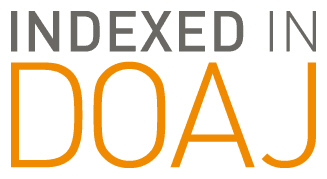Abstract
The passage and implementation of the No Child Left Behind Act (NCLB, 2001) ushered in a new era of educational accountability and school improvement. Schools are held accountable to meet adequate yearly progress that requires educators to closely monitor student performance on high-stake assessments. Further, NCLB significantly increases the pressure on states, districts and schools to collect, analyze and report data. Accountability demands are increasingly forcing school leaders to explore student-level data and to complete more sophisticated analyses. Data-driven decision-making (DDDM) has become an emerging field of practice for school leadership (Streifer, 2002) and a central focus of education policy and practice (Mandinach, Honey, & Light, 2006). Nationwide standards-based control and outcome-based funding have brought DDDM to the top of every principal's agenda (Leithwood, Aitken, & Jantzi, 2001).
Recommended Citation
Byrd, Jimmy K. and Eddy, Colleen
(2018)
"An lnvestigation of Princapals' Use of Data in Data-Driven Decision-Making and the Impact on Student Achievement,"
School Leadership Review: Vol. 5:
Iss.
2, Article 4.
Available at:
https://scholarworks.sfasu.edu/slr/vol5/iss2/4
Included in
Educational Leadership Commons, Educational Methods Commons, Elementary and Middle and Secondary Education Administration Commons
Tell us how this article helped you.


